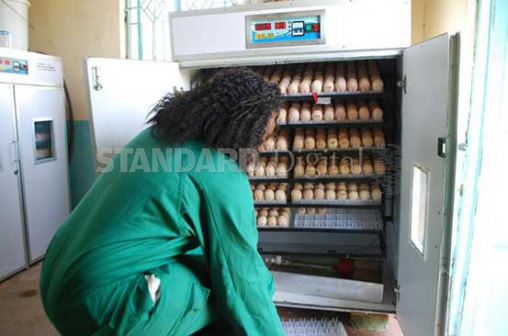×
The Standard e-Paper
Smart Minds Choose Us

Mama Mulinge is one of the poultry farmers who is forever engaging and challenging me and is always ready to try out new business ventures.
She has now decided to try out her hand in incubating and hatching her own chicks. She bought a poultry incubator from one of the popular dealers around. The machine did not disappoint (at first) and she was able to attain 86 per cent hatchability the first time she used it.